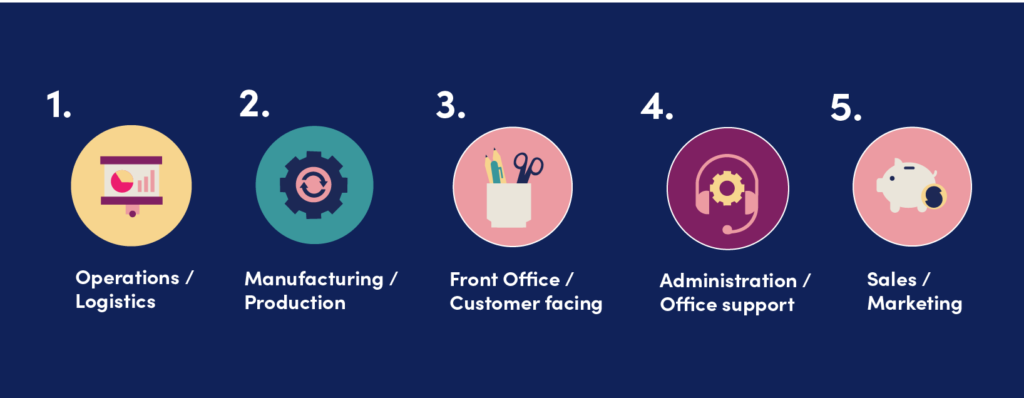
You know the phrase, “good help is so hard to find these days?”
Yeah, whoever came up with that had it easy.
These days—the Zoom-fatigue days, the not-quite-post-pandemic days, the how-is-2021-already-halfway-over days—good help is harder to find than ever. And as for retaining and engaging that help, well… I’ll be blunt: we’re facing a historic worker shortage.
Overcoming the worker shortage is not just a matter of finding the best employees, but keeping them happy and working to the best of their abilities:
- As a survey conducted by the Manpower Group recently revealed, 32% of US-based companies are struggling to find the talent to fill open positions. Globally, that number rises to 69%.
- Korn Ferry estimates that by 2030, the current talent shortage “could result in about $8.5 trillion in unrealized annual revenues” if left unchecked.
- Roughly one-third of workers report struggling to stay motivated, according to a report from the Pew Research Center.
Employers of all kinds are encountering the same challenges. The shortage includes a dearth of candidates for highly technical positions in the fields of operations/logistics and manufacturing/production as well as countless unfilled roles that emphasize communication—jobs in areas such as customer service, office administration, and sales/marketing.
Here are the top five in-demand roles:

Soft skills, which are centered on resilience and collaboration, are particularly in demand at the moment. Specifically, business owners are seeking employees who demonstrate…
- Stress tolerance
- Adaptability
- Critical thinking
- Creativity
- Reasoning
- Problem-solving
How can employers navigate this historic moment? Optimizing employee experience is a great first step. While the majority of employees surveyed (roughly 90%) told Manpower they would like to stay in their current positions, 8 in 10 wish for a better work-life balance in the future.
For employees, a better work-life balance may mean more flexible scheduling and working options.
Employees have also reported a desire for better mental health resources from their employers to assuage the feelings of intense stress, anxiety, and burnout that so many of us grapple with.
For more information, read the ManpowerGroup Talent Shortage Survey.
Remember those soft skills we mentioned earlier? And the fact that customer-facing and office support are two of the most in-demand jobs? If you’re looking for communicative, adaptable, motivated critical thinkers to fill those roles, you’ve come to the right website.

Ruby elevates your business with friendly, professional, and highly-trained virtual receptionists. We’ve got you covered if—like so many organizations right now—you’re finding it challenging to hire for customer-facing and front office positions. Our virtual receptionists answer all your calls and website chats live, creating meaningful connections and unforgettable customer service experiences. And that’s just the beginning.
Did I mention our award-winning training? I should probably mention our award-winning training. Ruby provides receptionists with award-winning training designed for maximum engagement, retention of information, and on-the-job adaptability. It’s a key component of how we’re able to sound like a seamless extension of your business. Learn more.
The bottom line: there’s no need for this talent shortage to impact your business. Save time and money by letting us take care of customer service staffing for you. Good help is easy to find at Ruby.
(By the way, we’re hiring!)




